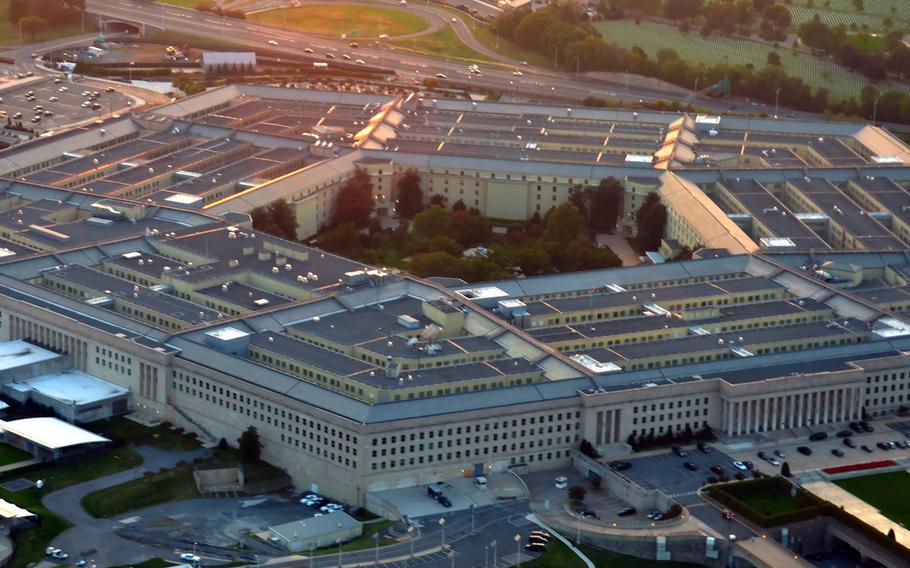Climate change is already affecting the combat readiness of the U.S. military and providing opportunities for China to exploit, the Pentagon’s No. 2 official said Friday.
“Climate change and extreme weather events caused by climate change affect everything from the number of days we can be flying in the air and training” to the ability to use military installations as sea levels rise or drought sets in, Kathleen Hicks, the deputy defense secretary, said in an interview with host Joe Mathieu on Bloomberg Radio’s “Sound On” program.
Climate change could affect the military’s fuel lines and even the ability of its planes to “loiter in the air,” she said.
Hicks’ commented after the Pentagon published a new climate risk analysis, which warned of “worsening implications” for U.S. national security, including the danger that China will try to take advantage of climate hazards in the Indo-Pacific region.
Hicks said that in areas such as the Arctic, “we’re starting to see much more competition from Russia and China in and around strategic minerals and strategic reserves and resources.” She said there was a need to protect scientific missions in these areas and to manage potential “conflicts and miscalculations” with China and Russia.
Climate change is also increasing the extent to which the military is called upon to conduct disaster and humanitarian relief missions abroad and at home in the U.S., Hicks said. She cited a surge in the use of the National Guard in recent years to help combat threats such as year-round wildfires across the U.S.
Hicks said the Defense Department is working to reduce its own carbon footprint from the fuel it buys through its use of planes, tanks and military installations. She said that the use of microgrids and electric vehicle charging stations would be part of the solution.
“We are building the 2023 budget to get after what the costs are” for reducing the carbon footprint, Hicks said. “We are making sure that our force is trained and equipped to operate in extreme conditions and have the right test equipment for climate effects,” she said. “we are making sure we have a resilient infrastructure, that our supply chain is resilient and innovative.”
Hicks is the first woman to serve as deputy defense secretary. She previously headed President Joe Biden’s Pentagon transition team and worked as an expert on national security at the Center for Strategic and International Studies. She served as deputy undersecretary of defense for strategy, plans and forces from 2009 to 2012 and as principal deputy undersecretary of Defense for policy from 2012-2013.

The Pentagon in Arlington County, Va. (Dreamstime/TNS)